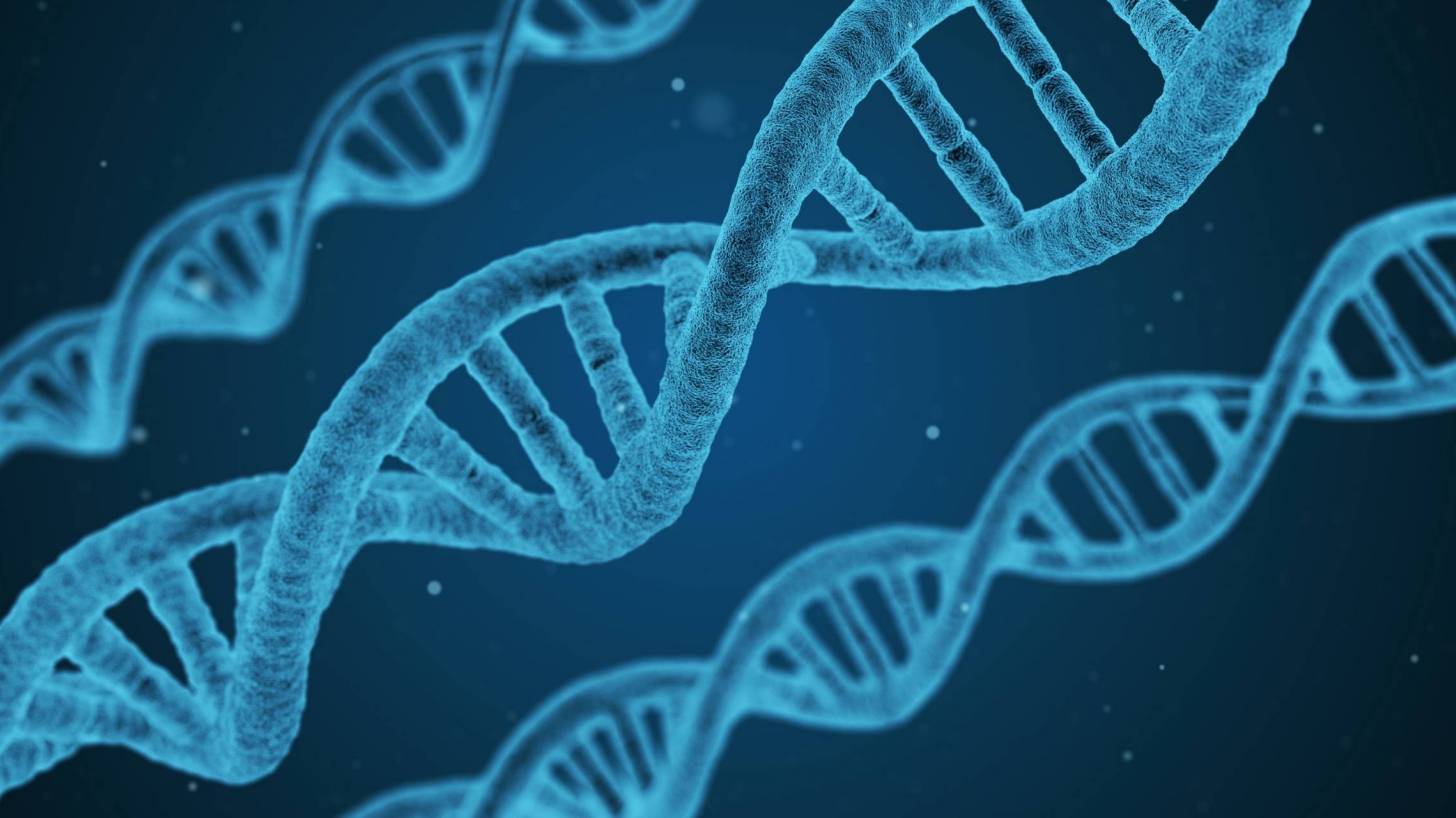DNA Immunogenicity May Explain Reduced Flu Vaccine Effectiveness

New research said we should not blame the eggs for the influenza vaccine poor effectiveness.
Instead, the vaccine’s effectiveness (VE) may depend upon each person’s vaccine immunogenicity.
This means, your DNA may influence if a specific vaccine will work for you.
This research said the interaction between the type of the egg-adaptive mutation and a person’s immune history may explain why egg-adaptation apparently played a large role during the 2016-2017 season, but not the 2012- 2013 season.
However, it is unclear why some individuals have lower titers than others after seemingly similar exposure histories.
Previous research proposed that egg-adaptations contributed to lowered VE during the H3N2-dominated 2012-13 season when influenza VE was estimated to be just 39%.
Given the high morbidity of H3N2 infections, there is a vital need to understand why this subtype has lower VE in influenza vaccines.
To investigate the basis of the low VE against H3N2 in 2012-2013, these researchers examined whether vaccinated and unvaccinated individuals were infected with different viral strains. The 2012-2013 egg-adapted A/Victoria/361/2011-IVR-165 (IVR-165) vaccine strain differed from the cell cultured A/Victoria/361/2011 (Vic/361) strain.
Because vaccinated people were infected with similar strains as unvaccinated people, antibody responses induced by the vaccine might have been very weak, or they might have recognized epitopes present in the vaccine strain but absent in circulating strains.
However, we found that vaccinated adult humans produced antibodies that recognized both Vic/361 and IVR-165, as well as strains from the dominant type that circulated that season.
In summary, these researchers said, ‘Together, these data suggest that the low H3N2 VE in the 2012-2013 season was not primarily attributable to egg-adaptation mutations in the H3N2 vaccine strain.’
And, ‘the widely variable, and still inexplicable, immunological responses to the vaccine in the vaccinated population, might thus explain the low VE.’
Immunization providers should check the FDA approved prescribing information for 2017–18 influenza vaccines for the most complete and updated information.
Most pharmacies offer several FDA approved flu vaccines.
The flu shot cost varies depending on your insurance and which state you live. The CDC Vaccine Price List provides the private sector vaccine prices for general information.
Flu vaccine discounts can be found here.
These authors Sarah Cobey, Sigrid Gouma, Kaela Parkhouse, Benjamin S. Chambers, Hildegund C. Ertl, Kenneth E. Schmader, Rebecca A. Halpin, Xudong Lin, Timothy B. Stockwell, Suman R. Das, Emily Landon, Vera Tesic, Ilan Youngster, Benjamin A. Pinsky, David E. Wentworth, Scott E. Hensley, Yonatan H. Grad did not disclose conflicts of interest and thanked Danuta Skowronski for comments on the manuscript, Kangchon Kim for technical consultation on H3N2 evolution, Nadia Fedorova and Susmita Shrivastava for technical expertise in support of the viral assembly and submission pipeline for this project, and Rebecca Zaffini for assistance with specimen collection.
The opinions expressed in this article are the author's own and do not reflect the views of the Centers for Disease Control and Prevention, the Department of Health and Human Services, or the United States government.
Funding This work was supported in part with federal funds from the National Institute of Allergy and Infectious Diseases, National Institutes of Health, Department of Health and Human Services [contract number HHSN272200900007C], the National Institute of Allergy and Infectious Diseases [grant number 1R01AI113047 and 1R01AI108686 to SEH; DP2AI117921 to SC; CEIRS HHSN272201400005C to SEH and SC], the Burroughs Wellcome Fund [Investigators in the Pathogenesis of Infectious Disease Award to SEH], the Smith Family Foundation [YHG], and the Doris Duke Charitable Foundation [Clinical Scientist Development Award to YHG].
Our Trust Standards: Medical Advisory Committee
- Poor immunogenicity, not vaccine strain egg adaptation, may explain the low H3N2 influenza vaccine effectiveness in 2012-13
- Contemporary H3N2 influenza viruses have a glycosylation site that alters binding of antibodies elicited by egg-adapted vaccine
- Relative Vaccine Effectiveness of High-Dose versus Standard-Dose Influenza Vaccines among Veterans Health Administration Patient

























